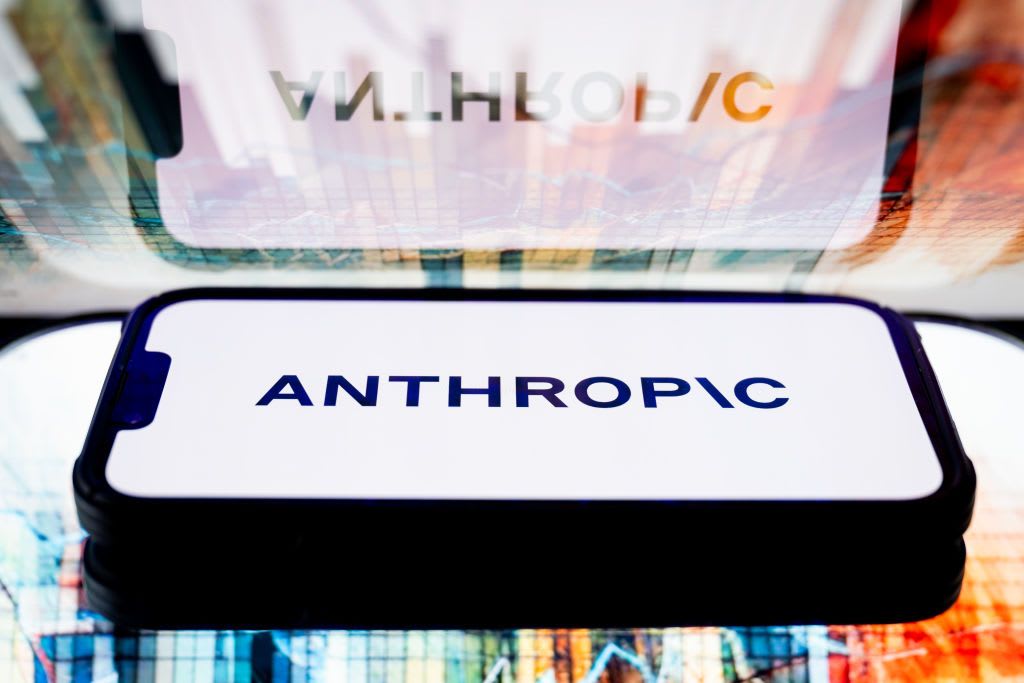The Battle of Bytes: Anthropic's AI Copyright Victory and the Looming Piracy Trial
3 min read

In a world where artificial intelligence is rapidly evolving, the lines between creativity and legality have become increasingly blurred. The tech startup Anthropic has recently found itself at the center of this debate, securing a significant win in the realm of AI-generated content while simultaneously bracing for a potentially costly legal battle. This landmark case highlights the ongoing tension between innovation and intellectual property rights in the digital age.
Anthropic, known for its advancements in AI technology, faced allegations of copyright infringement for using over 7 million books to develop a digital library. The controversy primarily revolves around whether Anthropic's use of these texts falls under the "fair use" doctrine—a pivotal point in determining the legality of using copyrighted material to train AI models.
The concept of "fair use" is a legal doctrine that allows limited use of copyrighted material without requiring permission from the rights holders. It considers factors such as purpose, nature, amount, and the effect of the use on the market value of the original work. Anthropic's victory in this area suggests that the courts are beginning to recognize the transformative nature of AI and its potential to innovate beyond traditional boundaries.
Historically, the issue of copyright and technology is not new. From the introduction of the printing press to the rise of the internet, each technological advancement has faced similar scrutiny. The music industry, for example, saw a seismic shift with the advent of digital file sharing in the late 1990s. Companies like Napster challenged the traditional notions of music distribution, leading to a reevaluation of copyright laws. Similarly, AI is now pushing the limits of what is considered acceptable use of copyrighted material.
Despite its recent legal victory, Anthropic is not entirely out of the woods. The company still faces a trial over allegations of digital piracy, with potential damages reaching into the billions. This aspect of the case underscores a critical challenge for tech companies: how to balance rapid innovation with the legal and ethical considerations surrounding intellectual property.
The implications of this case are significant for both the tech industry and content creators. On one hand, a ruling against Anthropic could stifle the development of AI technologies, forcing companies to navigate a minefield of legal restrictions. On the other hand, a ruling in favor of the startup could set a precedent that undermines the value of creative works, leading to broader concerns about the protection of intellectual property in an AI-driven world.
As AI continues to shape the future, it is crucial for both lawmakers and innovators to collaborate in establishing clear guidelines that protect creative rights while fostering technological advancement. Striking this balance will be essential to ensuring that AI can reach its full potential without compromising the rights of creators.
The case of Anthropic is a pivotal moment in the ongoing dialogue between technology and intellectual property law. It serves as a reminder of the complex dynamics at play in the digital era, where innovation must continually negotiate its place within the legal frameworks of the past.
Source: Anthropic Scores a Landmark AI Copyright Win—but Will Face Trial Over Piracy Claims
